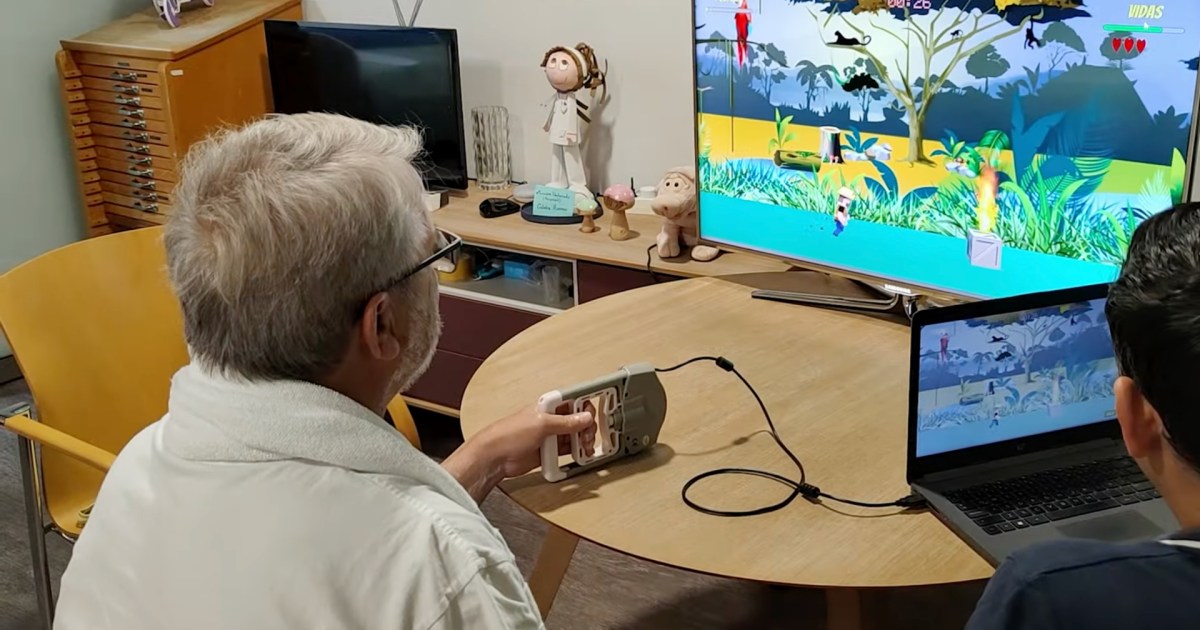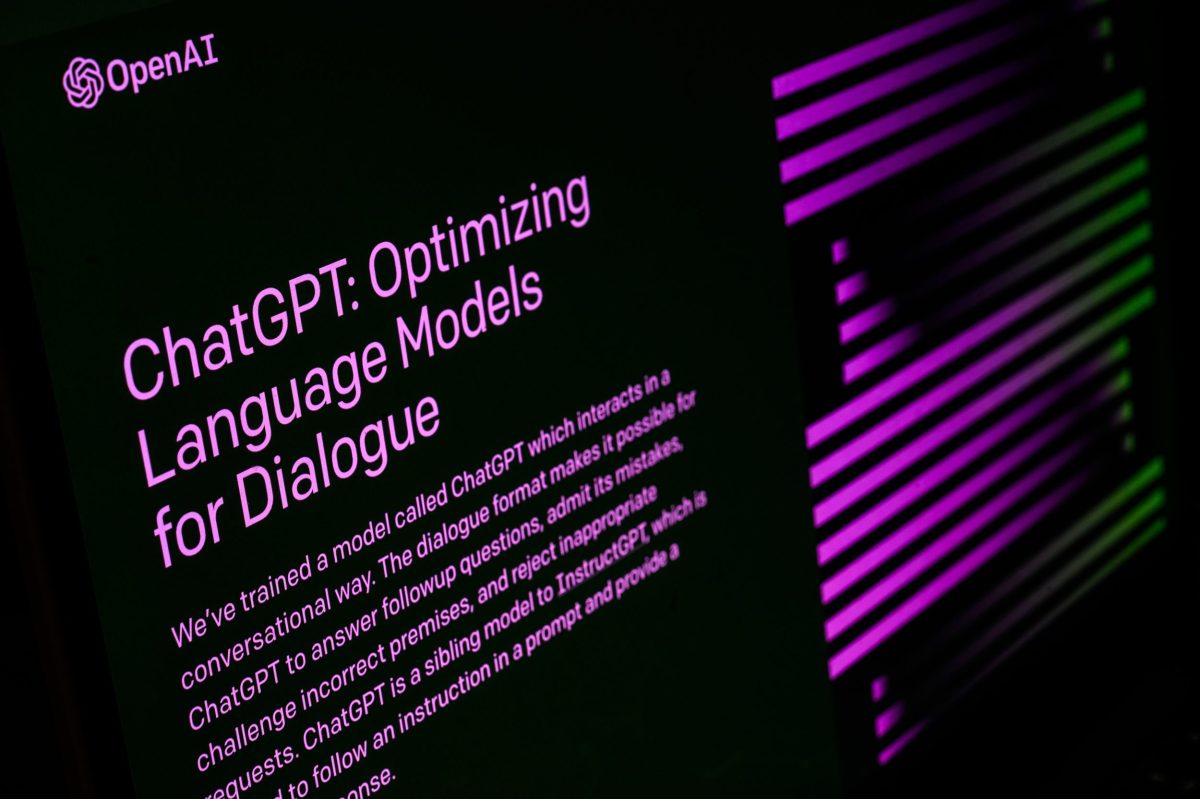
Artificial intelligence could soon develop its own consciousness. I consulted experts to delve into the topic of general AI.
Experts analyze the possibilities of artificial general intelligence (AGI), discussing its potential to transform various sectors and the concerns related to control and ethical implications.
Artificial intelligence (AI) may be on the verge of achieving a level of autonomy that would lead to a new paradigm known as artificial general intelligence (AGI). While many companies are working to accelerate this advancement, the feasibility of this goal remains in question. However, if it is achieved, we could experience a transition from the current era of AI to that of AGI in record time.
The remarkable expansion of AI in recent years may seem sudden, but its development has been underway for several decades. The sector is in continuous evolution, and many professionals are already focusing on what could be the next big breakthrough: AGI. Although it is currently a theoretical concept, there is broad consensus about its potential to become a valuable tool across various high-performance industries. Nonetheless, numerous questions and ethical concerns arise: How is AGI defined? Who would be the beneficiaries of this technology? And how can it be controlled?
ModelOp's CTO, Jim Olson, expressed that the industry is anticipating a significant breakthrough in AGI. According to him, a model capable of facing new situations should be able to quickly identify the best action to take or generate original content. For his part, Paul Roetzer, co-host of "The Artificial Intelligence Show Podcast," explained that after learning to play chess at an expert level, AGI could begin to autonomously master other games, starting from a general understanding of games rather than specific training on each one.
A framework has been developed by Google DeepMind to define AGI and classify AI systems based on their ability to perform human tasks. In this scheme, there are different levels; from level 0, which represents the absence of AI, to level 5, which corresponds to virtuous AGI or artificial superintelligence (ASI).
Regarding a possible timeline for the emergence of AGI, some analysts suggest a horizon between 2027 and 2030, although multiple factors may influence this forecast. The necessary infrastructure, environmental issues, and the increasing demand for computational power are just a few of the variables to consider. Sheriff Adepoju, a developer at Oracle, estimates that we are still far from achieving a fully independent AGI, suggesting it could be between 2040 and 2050.
Despite the challenges, there is a perception that the industry is preparing for both the positive and negative aspects of this emerging technology. There are concerns about the possibility of AI models exhibiting deceptive behaviors, a situation that could complicate as technology gains more autonomy. However, experts like Olson believe that humans must remain as guardians of the technology.
The path to AGI is not guaranteed, and although many players in the industry are investing significant resources, any innovation could take time. Adepoju highlighted that OpenAI developed its language models technology for a period before introducing it to the public, and he suggests that AGI will follow a similar gradual path of disclosure and adoption.




